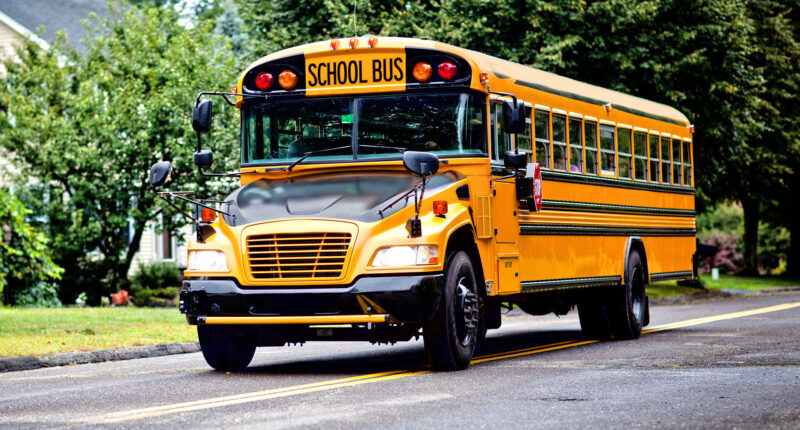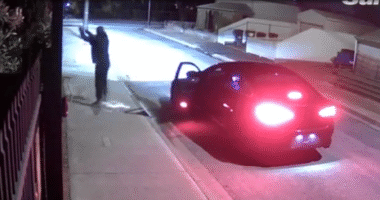PARENTS are increasingly turning to rideshares to take their kids to school as more and more bus routes face the axe.
Only about 28% of US students took a bus to school in the most recent survey, according to the Federal Highway Administration.


That was down from about 36% in 2017.
Chicago Public Schools, the nation’s fourth-largest district, has slashed its bus service in recent years.
While it still offers rides for disabled and homeless students, families are left on their own.
Only 17,000 out of 325,000 students in the district are eligible for school bus rides.
A pilot program was recently initiated by the school system to enable students who are enrolled in magnet or selective-enrollment schools outside their neighborhood to catch a bus at a designated “hub spot” near a school.
The aim is to start with rides for some 1,000 students by the end of the school year.
But critics say the scheme is not enough to make up for cuts to the service.
Erin Rose Schubert, a volunteer for the CPS Parents for Buses advocacy group, highlighted that individuals with financial resources and advantages were capable of finding alternative arrangements such as adjusting their work schedules or utilizing public transportation.
“People who didn’t, some had to pull their kids out of school.”
Under the Piggyback Network, parents can book a ride for their student online along with another parent traveling in the same direction.
Rides cost roughly 80 cents per mile and the drivers are compensated with credits to use for their own kids’ rides.
In its first year, the company has arranged a few hundred rides in Chicago.
There are plans to possibly expand the scheme to other states including North Carolina, Texas, and Virginia.
In contrast to Piggyback Network, which facilitates connections among parents, HopSkipDrive collaborates directly with school districts in assisting students without reliable transportation to commute to school.
The company was launched a decade ago in Los Angeles after three mothers tried to coordinate school carpools.
It now supports some 600 school districts in 13 states.
WHAR IS THE PIGGYBACK NETWORK
THE PiggyBack Network is a rideshare scheme created for busy parents.
- It was created by parents for other parents.
- It is a hyperlocal carpool service designed for parents to connect and share rides for their children’s school, after-school activities, and sports.
- It’s a community-driven platform aiming to make transportation more affordable, efficient, and accessible for families, particularly in the context of busy schedules and the need for reliable transportation solutions.
However, it is banned from operating in certain states, including Kentucky.
A group of Louisville students has been lobbying on its behalf to change that.
Other examples of similar schemes include Kango, which was launched in California and Arizona as a free carpooling app.
Drivers are typically paid more than they would driving for apps such as Uber or Lyft, although the scheme usually has more requirements such as walking some students with disabilities into school.

















